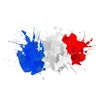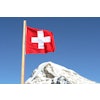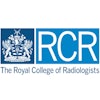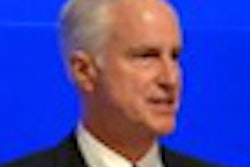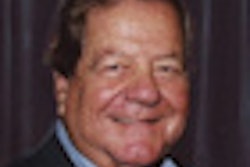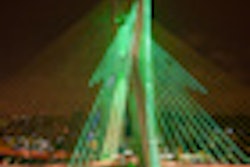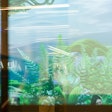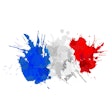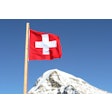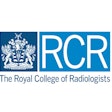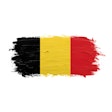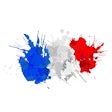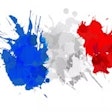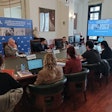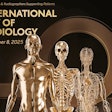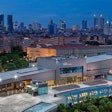
The Vienna-based European Society of Radiology (ESR) has issued a strongly worded and detailed statement to explain and defend its policy of charging presenters at its annual scientific meeting, the European Congress of Radiology (ECR).
Last week, an Austrian researcher currently working in the U.S. started an online petition to urge the ESR to waive registration fees for all presenters. He claims that more than 200 supporters in over 25 countries joined his campaign within the first two days.
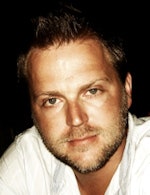 Dr. Christoph Karlo hopes to trigger a discussion about registration policies at international meetings.
Dr. Christoph Karlo hopes to trigger a discussion about registration policies at international meetings.
"I did not create this petition to oppose or attack any institution or person, but merely to trigger a discussion within the international radiology community about registration policies at international meetings," said Dr. Christoph Karlo, a research fellow in kidney cancer imaging from New York. "I strongly believe that young investigators should not have to pay registration fees at a scientific meeting. And what ECR is charging its presenters is just not right."
At the end of the day, the presenters are the ones that make the congress scientifically valuable and worth attending, he emphasized.
In its statement, the ESR says that to continue to finance its various support programs, it cannot afford to waive ECR registration fees for all oral presenters. However, the fee for oral presenters is relatively low at 250 euros for ECR 2013, and full ESR membership is only 10 euros per year, compared with $450 (about 350 euros) for full membership of the Radiological Society of North America, according to the statement. Furthermore, ESR corresponding membership is free, and most speakers do not pay registration fees for ECR because they are either invited speakers or they are part of the Invest in the Youth program.
"In response to certain initiatives on the Internet, which have spread some uncertainty and false information, the European Society of Radiology felt obliged to publish this statement concerning registration fees and support programmes for the European Congress of Radiology," the ESR noted. "Due to the nature of the society, it relies partly on the revenue from ECR registration fees to finance various support programs for its members and congress delegates."
Karlo denies that his petition is spreading false information, however, adding that he is merely asking for something and has not in fact presented anything.
According to the ESR statement, ECR's scientific program is made up of 274 scientific and educational sessions, 3,000 scientific and educational exhibits, 1,020 scientific papers and 580 invited lectures. The high standard of all sessions and lectures relies heavily on the excellence of the speakers and presenters, to whom the ESR is most grateful, it reads.
The ESR says it offers all its members reduced registration fees for ECR 2013, as well as coverage of article processing charges for accepted articles in Insights into Imaging, electronic access to the journals European Radiology and Insights into Imaging, and access to all e-learning tools. It also gives the option to participate in the European Diploma in Radiology (EDiR), an examination based on the ESR European Training Curriculum, and access to all activities of the European School of Radiology (ESOR).
Compared with the full nonmember early fee, full ESR members will get a 43% reduction for ECR 2013, while corresponding and associate members will receive a 27% reduction. Resident nonmembers will get a 54% reduction, and resident members a 63% reduction on fees. Radiographer nonmembers receive a 60% reduction, and radiographer members a 75% reduction, while nurses receive a 75% reduction and oral presenter members receive a 67% reduction. Finally, all students can register free of charge, and the ESR offers very affordable cancellation insurance via an external partner company, according to the statement.
"In addition, for many years the ESR has been running the popular 'Invest in the Youth' program. It offers 300 young radiologists and radiographers-in-training free registration for the ECR, four nights' hotel accommodation and free public transport for the duration of the congress. According to the ESR Annual Report 2011, the expected expenses for this program in 2012 total 180,000 euros," the ESR pointed out.
Karlo is seeking 500 signatories for his petition. By early on Tuesday 27 November, he was claiming 301 supporters, including 84 colleagues from Italy, 39 from Germany, 29 from the U.S., 24 from Switzerland, and 12 each from Austria, Egypt, and the U.K.
To read the ESR statement, click here. To read about the petition, click here.

